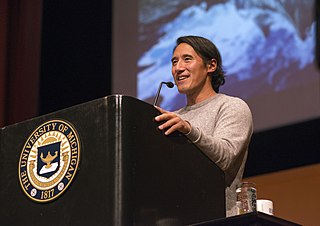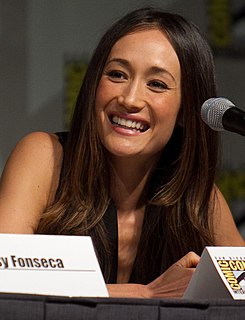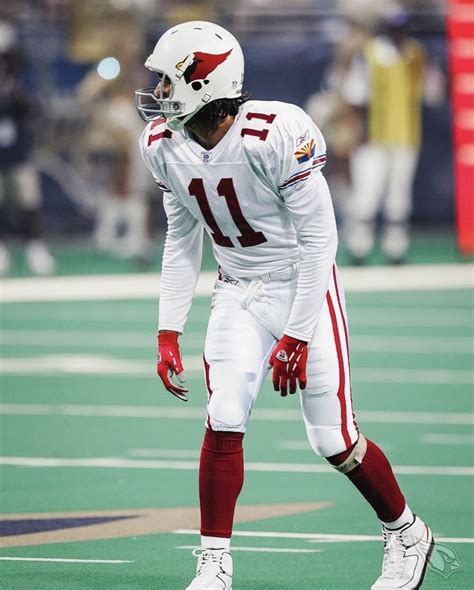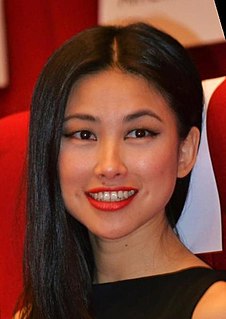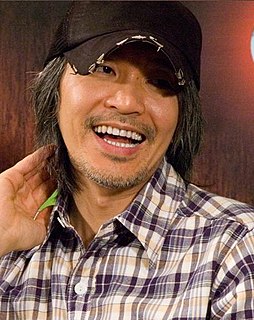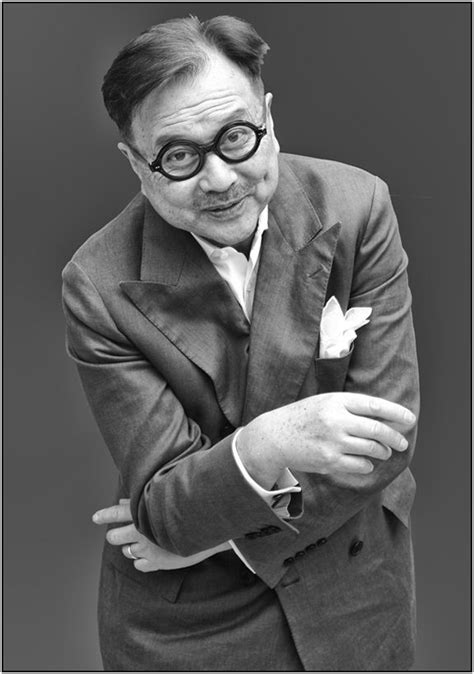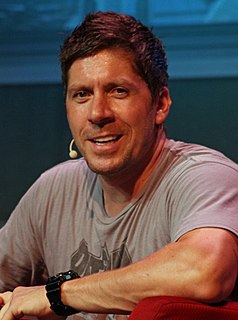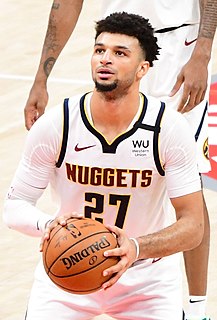A Quote by Daniel Wu
I was a hyperactive kid, and it took awhile for me to find the right teacher. My master was a Shaolin kung fu teacher, but he also taught tai chi, Chinese medicine, brush painting - he was adept at all facets of Chinese culture.
Related Quotes
We wanted the elemental 'bending' to be based on authentic Chinese traditional martial arts, believing this would lend a beauty and resonance to the animation and the fictitious disciplines. Once we had that idea, I started looking for a Kung Fu teacher/Martial Arts consultant. My search led me to Sifu Kisu and I began training with him right away.
The true essence of Chinese culture is sophistication, refinement, the spirit of poetry. The spirit of ink painting and calligraphy lives on forever. Calligraphy is more important than painting. Chinese always consider nature. Man is a very small part of nature. That's why in Chinese painting you see huge mountains and man very small, very humble before nature. You must be harmonious and one with nature. You don't fight it. And then there's a bit of a poetry. Of course, it's very complicated, but also very simple.
Growing up as a kid, I wanted to be a ninja. In martial arts, even though I did Chinese kung fu, I always wanted to be this secret samurai or a ninja. There's something about ninjas that was very appealing to me as a kid. So of course, I was climbing a lot of trees and other things and getting up to mischief - good mischief.

